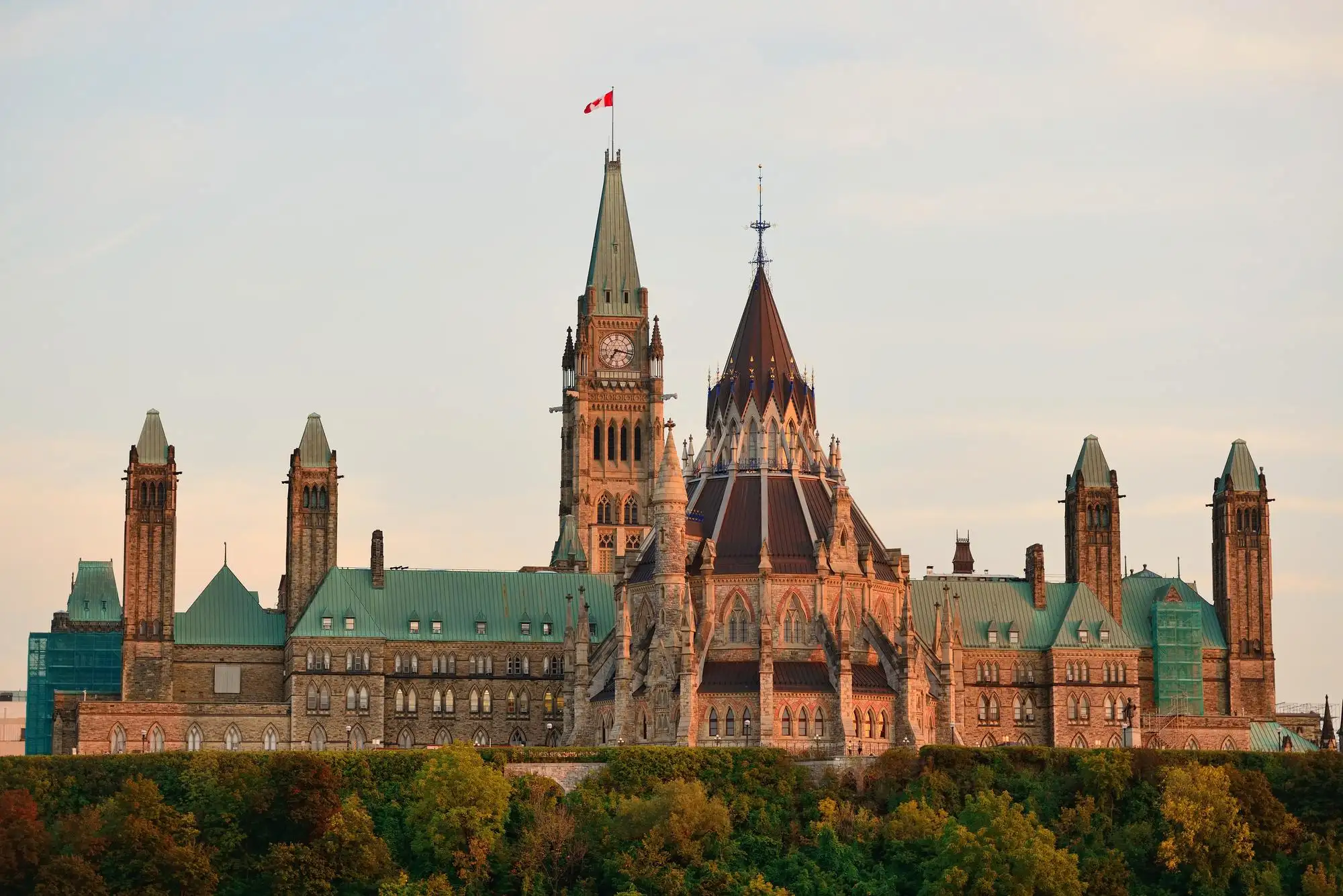Massive Changes to the Temporary Wage Subsidy
- The government proposed to increase the wage subsidy from 10% to 75% of wages.
- However, no announcement was made whether the $1,375 per employee limit or the $25,000 per employer limit will be increased. We suspect that these may be increased because the intent seems to be to keep employees employed during business disruptions. However, we will need to wait for the details to come to light.
- The subsidy is proposed to be backdated to Sunday, March 15, 2020. Previously, the subsidy started from pay periods running between March 18th to June 19th. This would allow business owners to take advantage of the subsidy additional pay periods in March.
- As soon as we get the details, we’ll release an updated Wage Subsidy calculated here.
Interest-Free Loans via Canada Emergency Business Account
- The government also announced a new Canada Emergency Business Account (CEBA) benefit for small and medium businesses & not-for-profits, where they can receive up to $40,000 in a loan that will be interest-free for the first year.
- Guaranteed and funded by the Canadian government.
- To qualify, businesses need to demonstrate they paid between $50,000 to $1 million in total payroll in 2019.
- Repaying the balance of the loan on or before December 31, 2022, will result in loan forgiveness of 25 percent (up to $10,000).
- Implemented by eligible financial institutions in cooperation with Export Development Canada (EDC). Contact your financial institution to apply for these loans
Co-Lending Program
- Business Development Bank of Canada (BDC) and financial institutions to team up co-lend term loans to SMEs for their operational cash flow requirements.
- Apply directly through financial institutions.
- To roll out in three weeks.
HST Payments Deferred
- GST and HST payments will be deferred, including duties on imports, until June.
- This applies to payments and returns due in March, April, and May.
The details for these announcements are not yet available. An update is expected Monday. We will stay on top of the latest developments and continue to share them with you.
CRA’s Administrative tax measures
Administrative tax measures
- All returns, elections, designations and information requests due after March 18, 2020, can be deferred to June 1, 2020
- This does NOT include Payroll deductions payments and all payroll related activities.
Trusts, Partnerships and NR4 Information Returns
- The deadlines for trusts, partnership and NR4 information returns are all extended to May 1, 2020.
Charity Information Returns
- Information Returns deadline extended to December 31, 2020.
Suspending collections on new debt
- Collections on amounts owing to the government will be suspended until further notice.
- Payment arrangements available on a case-by-case basis if you can’t pay your taxes, child and family benefit overpayments, Canada Student Loans, or other government program overpayments in full.
Extending the deadline for filing an objection
- For tax objection requests due March 18 or later, the deadline is effectively extended until June 30, 2020.
Read about the details here.
Access all the Financial Measures in Place
Click here to read about all the measures currently in place to help individuals and small businesses.


